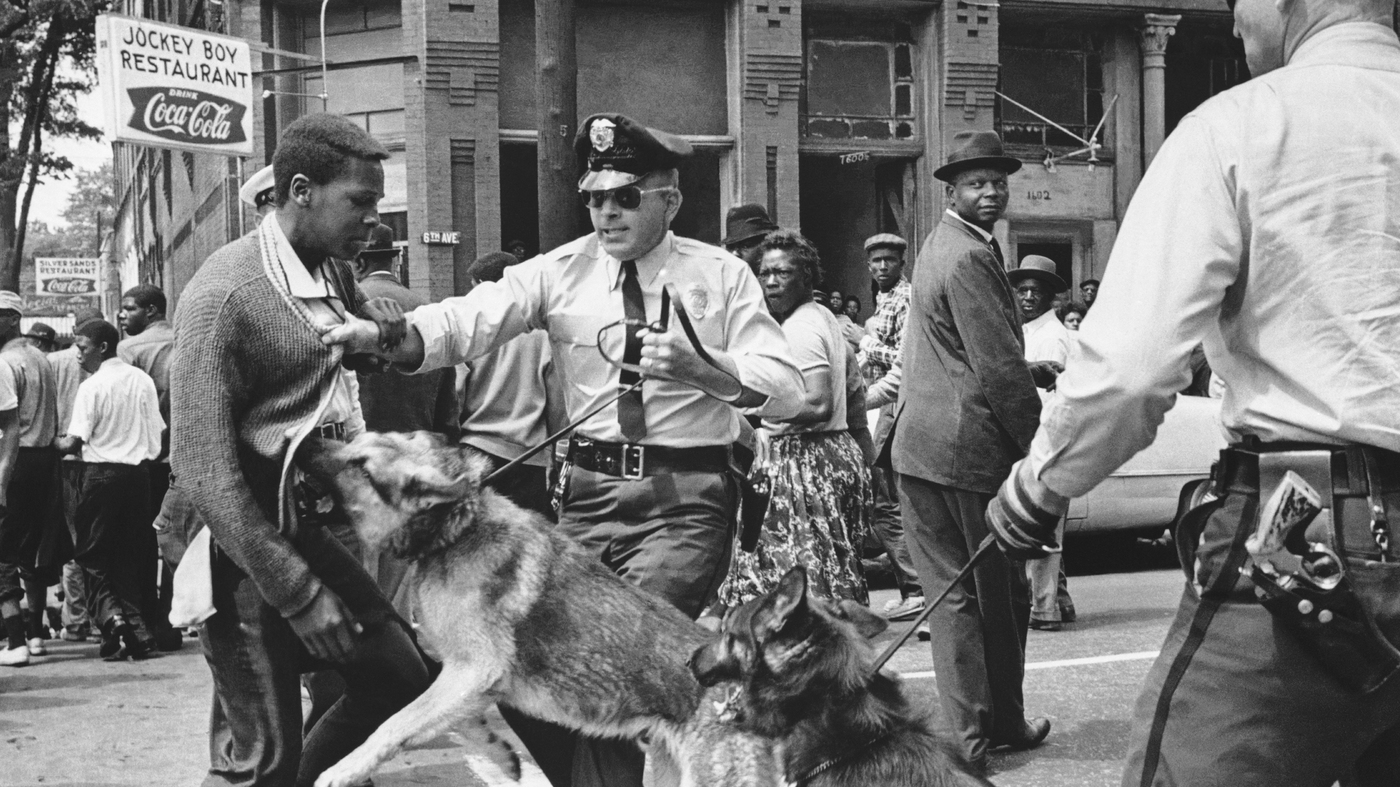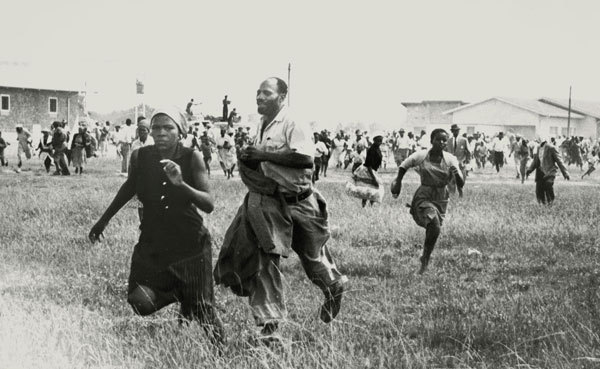Throughout the late 20th century, racial injustice emerged in the forefront of global issues. In America, events like Brown v. Board of Education, the murder of Emmett Till, and the Alabama Bus Boycott were just a handful of moments that set the tone for the Civil Rights Movement of the late 50's and 60's. African-Americans were still being treated with open injustice, and segregation remained in a majority of states.
On August 28th, 1963, Martin Luther King delivered his "I Have A Dream" address in front of Lincoln Memorial, after nearly 250,000 people took part in the March on Washington.
Racial injustice was not exclusive to America. South Africa, for example, was experiencing similar conflicts during the 1960s, as apartheid laws were becoming increasingly oppressive.
Discrimination existed in the world of entertainment as well. As jazz was just beginning to bloom in the 20's and 30's, African-Americans faced the challenge of simply being Black in the music industry. They were not given the quality venues and opportunities that White musicians had, and the African styles of music were viewed as savage and uncivilized. However, many argue that the lack of opportunities created a unique birth of music and established the genre that became "jazz."
This buildup of racial tension inspired artists like Max Roach to communicate their frustration and desire for equality.

A protester is apprehended by police for defying orders to vacate the area. Many participants were arrested with unnecessary brutality despite peaceful protests (May 17th, 1963). (PC-Bill Hudson)

In South Africa, 7000 protestors gathered outside a police station to protest laws enforcing racial segregation. Police opened fire on the crowd, killing 69 people and injuring 180 more, in what's known as the Sharpeville massacre (March 21, 1960). (PC-Ian Berry)
“It’s about how we have had to create to survive in a hostile society.”
(Roach 1993)
Excerpt of Max Roach underscoring Dr. King's "I Have A Dream" speech (1963)